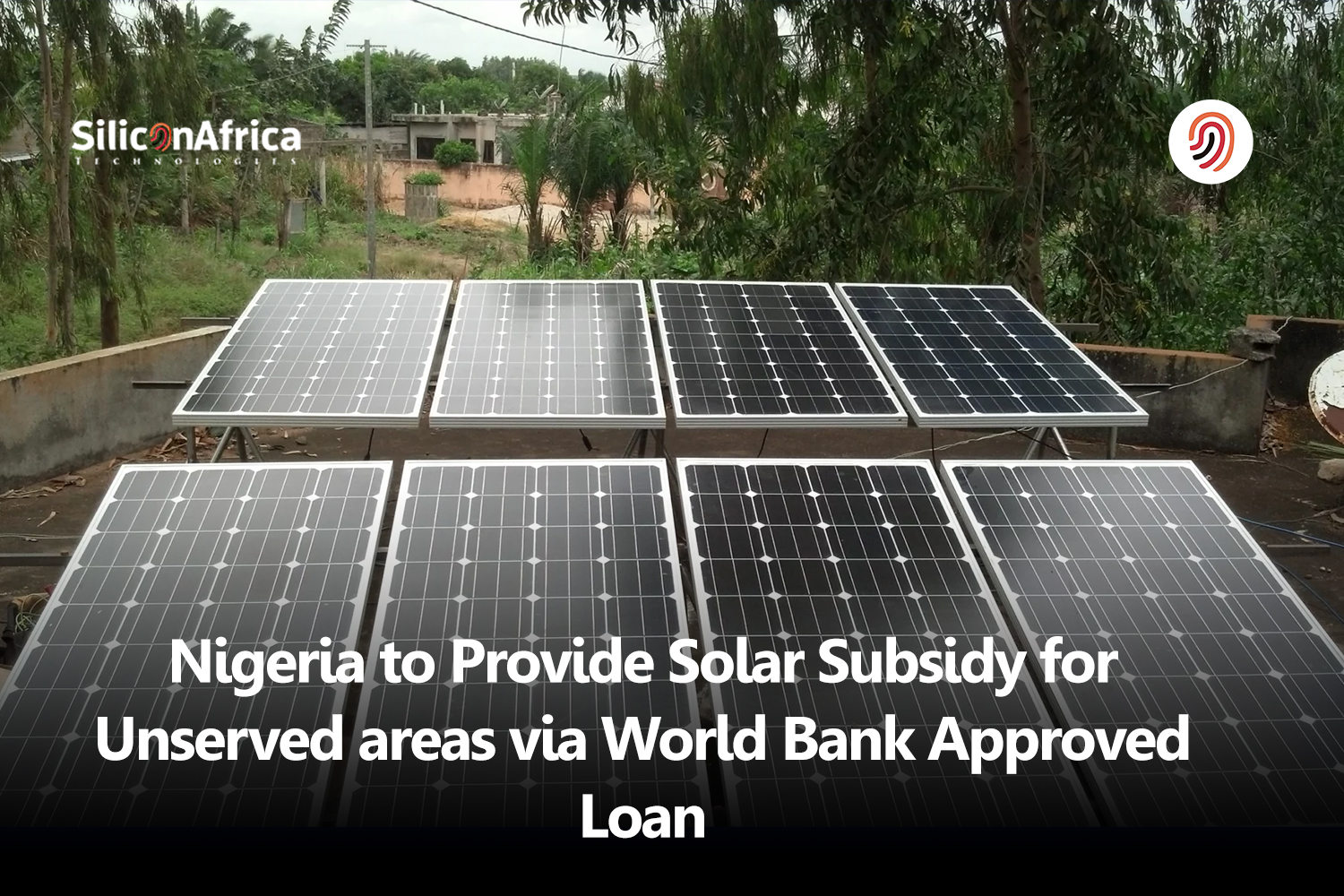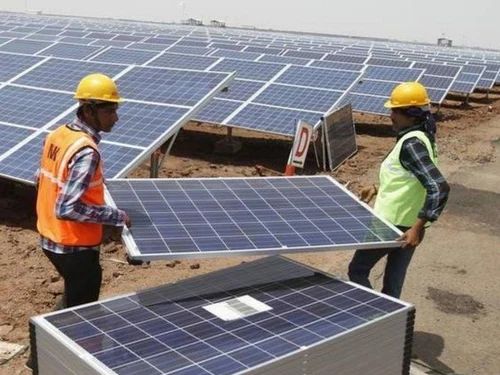Newsletter Subscribe
Enter your email address below and subscribe to our newsletter

In a revolutionary development intended to light up millions of Nigerian households and businesses, the federal government has approved plans to give subsidies to developers and operators of solar mini-grids in unserved and underserved areas.
This initiative is backed by a newly secured $750 million loan from the World Bank, for the purpose of closing the electricity gap and providing Nigerians with clean, reliable power.

The loan is part of the World Bank’s Distributed Access through Renewable Energy Scale-up (DARES) project which was approved in December 2023.
The project will be supported by a $750 million credit loan from International Development Association (IDA) as well as substantial contributions from Global Energy Alliance for People and Planet and Japan International Cooperation Agency (JICA).
This joint effort of the international community highlights their commitment to help Nigeria’s energy transition, promote equity in electricity access and develop renewable energy.
The solar subsidy program is aimed at millions of Nigerians who are currently without access to electricity.
This category includes people in remote villages, far-flung communities, and those living on the fringes of urban centers.
These areas have a history of little or no grid infrastructure, making residents use expensive and polluting diesel generators.
The solar subsidy program seeks to change this trend by making renewable energy a more economically feasible option.
The $750 million loan will be used to provide financial support for developers and operators of solar mini-grids.
These mini-grids are localized power generation systems that harness solar panels to convert sunlight into electricity.
The subsidy will take the form of “Minimum Capital Cost Subsidies” that will be awarded through an open tender process.
This assistance will reduce significantly the upfront investment required by developers to start solar mini-grids, making them a more viable proposition in unserved and underserved areas.
Read More: Your Complete Guide to Solar Panel Maintenance
The aim of the Nigerian government goes far beyond just providing financial support.
Performance-based grants are part of this initiative, which will be awarded to mini-grid operators on the basis of their efficiency and effectiveness in providing electricity to communities.
The developers are thus incentivized to not only create mini-grids but also ensure their smooth running and long-term survival.
It is anticipated that Nigeria-World Bank collaboration on solar power would be transformative for millions of lives.
The project is projected to provide clean, reliable electricity to over 17.5 million Nigerians.
This not only improves the quality of life but also creates economic opportunities.
With access to electricity, businesses in underserved areas can operate more efficiently, extend their hours, and explore new avenues for growth.
Over 280,000 polluting diesel generators are targeted to be replaced by the project, resulting in a cleaner environment and a more sustainable future for Nigeria.
A solar subsidy program is a major step in Nigeria’s journey to a more sustainable and equitable energy sector.
By sponsoring renewable energy sources such as solar, the project will decrease the reliance on fossil fuels and also contribute to the country’s climate change mitigation efforts.
The program’s success can create a path for integrating more renewable energy into the national grid, which will lead to an overall diversified and resilient power system for all Nigerians.
This initiative marks an impressive collaboration between the Nigerian government, the World Bank, and international development partners.
Focusing on affordability, sustainability, and performance, the solar subsidy program is supposed to lighten up the lives of millions of Nigerians, giving them a better future.
Was this information useful? Drop a nice comment below. You can also check out other useful contents by following us on X/Twitter @siliconafritech, Instagram @ Siliconafricatech, or Facebook @ Silicon Africa.